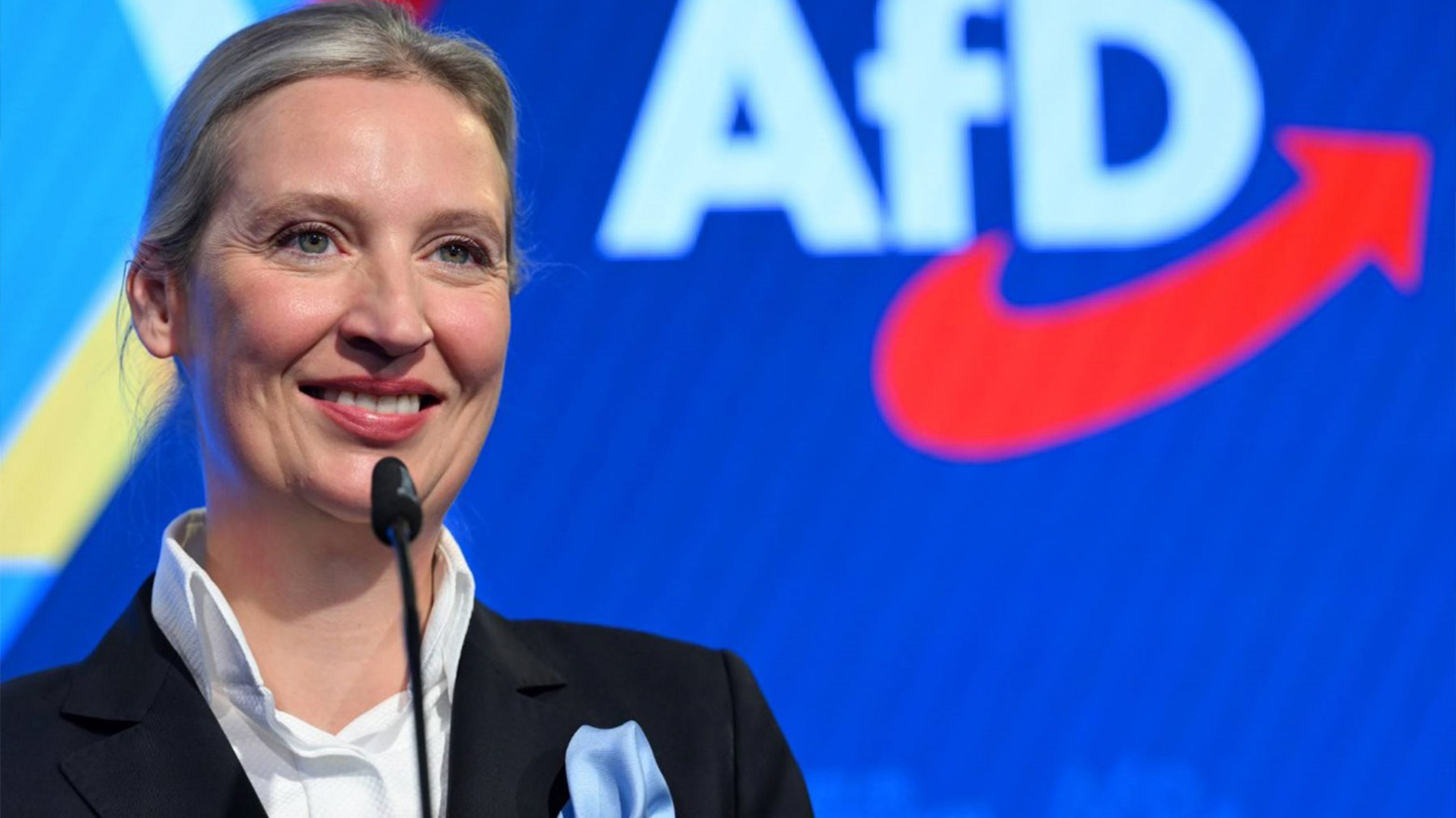Trump Officials Condemn Germany Over AfD Extremism Label, Deepening Transatlantic Divide
In a pointed remark reflecting Germany’s historical legacy, the German Foreign Ministry noted, “We have learnt from our history that right-wing extremism needs to be stopped.”

By Ahora Qadi
ERBIL (Kurdistan 24) – Senior officials in the Trump administration have launched an unusually fierce attack on Germany after its domestic intelligence agency officially designated the far-right Alternative for Germany (AfD) party as a “proven right-wing extremist organization,” drawing sharp criticism from Washington and exposing a widening rift in U.S.-German relations.
The move by Berlin prompted U.S. Secretary of State Marco Rubio to denounce Germany’s action as “tyranny in disguise,” urging the German government in a tweet on X to “reverse course.”
Vice President JD Vance echoed Rubio’s sentiment, accusing the German establishment of authoritarian overreach. In his own post on X, Vance claimed that German bureaucrats were “trying to destroy” the AfD and warned that “the Berlin Wall has been rebuilt — not by the Soviets or the Russians, but by the German establishment.”
Political Storm Ahead of German Government Transition
The American backlash comes at a politically sensitive time for Berlin, just days before a new coalition government is due to assume office. The incoming alliance — a blend of center-right conservatives and the center-left Social Democratic Party — will be led by Chancellor-designate Friedrich Merz, whose administration is expected to face formidable diplomatic challenges, particularly in managing strained ties with President Donald Trump.
Among the immediate concerns are potential U.S. tariffs on European goods, which pose a serious threat to Germany’s export-driven economy, and the broader weakening of the NATO-based transatlantic defense alliance that has long underpinned European security.
However, the controversy surrounding the AfD classification risks further fracturing already fragile relations between Washington and Berlin, especially as Germany seeks to confront rising extremism within its own borders.
Germany Defends Democratic Institutions
Responding directly to Secretary Rubio’s criticism, the German Foreign Ministry stood firm, writing on X: “This is democracy.”
The ministry emphasized that the intelligence agency’s decision was the result of “a thorough and independent investigation to protect our constitution,” adding that the classification could be appealed in court.
In a pointed remark reflecting Germany’s historical legacy, the ministry noted, “We have learnt from our history that right-wing extremism needs to be stopped.”
A Test of Values in Transatlantic Ties
The sharp exchange underscores a growing ideological divergence between the Trump administration and key European allies over fundamental democratic values. While Washington’s top officials accuse Berlin of stifling political opposition, German authorities insist their actions are grounded in constitutional law and democratic accountability.
As Chancellor Merz prepares to take office, the diplomatic dispute adds to the weight of balancing domestic political stability with the external pressure of recalibrating relations with a confrontational U.S. administration. The clash over the AfD may prove to be an early litmus test of whether the historic transatlantic partnership can weather rising populism on both sides of the Atlantic.